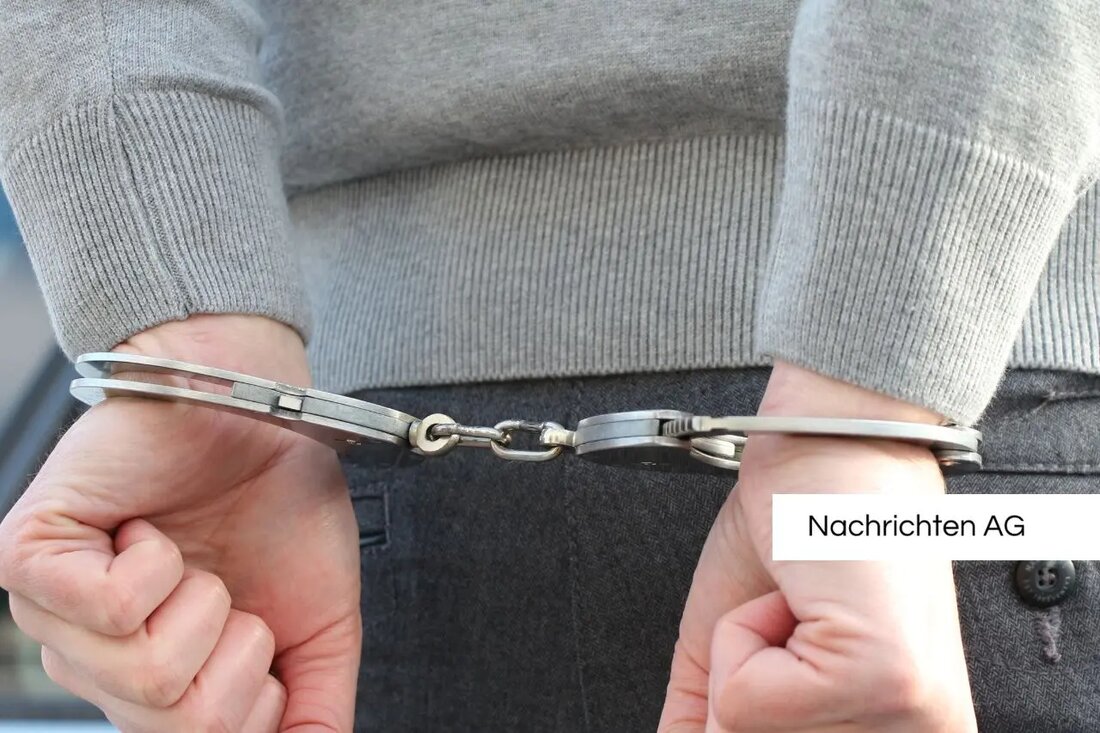Large raid on the border: 20-year-old with suspicion of arson!
Large raid on the border: 20-year-old with suspicion of arson!
At the former border crossing Aachen-Horbach, the federal police arrested a 20-year-old man from the Netherlands. The incident occurred on February 14, 2025 at around 5 p.m. and is the result of an international search. When entering a vehicle, the officials became aware of him because a European arrest warrant was found. The arrest warrant was issued due to the suspicion of arson, which was committed at the end of last year, and membership in a criminal association. Belgian authorities have already called for the suspect to be delivered, which initiated the legal steps before the Aachen District Court.
After the arrest warrant was announced, the arrested Dutch was transferred to the police custody of the Aachen police custody. The procedure is now being processed by the Cologne General Prosecutor's Office, and the final decision on its delivery is still pending. In the event of a conviction, he could face a prison sentence of several years.
legal foundations of delivery
The process of delivery is regulated by international agreements that determine the conditions under which a person who is sought in a country because of a crime can be handed over to the exhibiting country. The European arrest warrant (EHB), which has been in force since 2004, represents an important instrument. It enables the simplified transfer of suspects within the EU, usually within ten days of the arrest. In this case, the EHB is relevant for the arrest of the 20-year-old because Belgium has requested delivery, and the German authorities are obliged to examine this application.
There are different types of arrest warrants. While domestic provisions are only valid in the exhibiting country, international arrest warrants such as EHB can enable arrest and delivery across national borders. The role of Interpol is also significant, especially when exhibiting so -called Red Notices, which are only legally binding.
rights of the accused
The rights of the accused in an extradition procedure are clearly defined. This includes, among other things, the right to objection to delivery, for example if there is a risk of imprisonment that is contrary to human rights in the requesting country. In addition, the suspect has the right to legal representation, which is of great importance in cases like this in order to protect his interests. An experienced lawyer can contribute to defense.
The adhesive test and the possibility of taking an arrest warrant offer additional protective mechanisms for the rights of the accused. These include applications for the cancellation of the arrest warrant and the legal examination of the proportionality of the delivery.
Overall, this is illustrated by how complex and complex the legal framework for international arrest warrants and delivery procedures. It remains to be seen how the process will develop and which decision will ultimately be made about the delivery of the Dutch.
| Details | |
|---|---|
| Quellen | |


Kommentare (0)